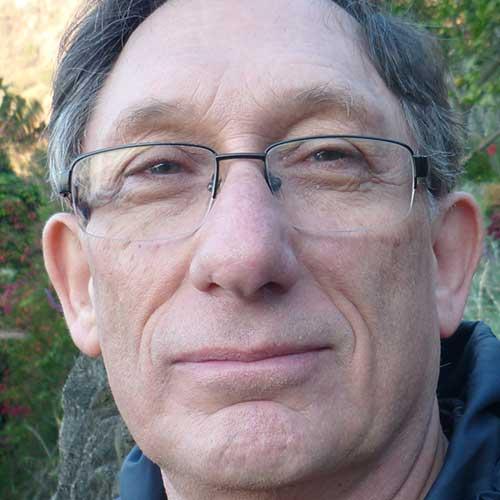George Deak received his Ph.D. from Columbia University in History in 1980, with a specialization on modern Hungarian history. His dissertation focused on the National Association of Hungarian Manufacturers, 1902-1914. The study considered the impact of this organization on economic policy as well as on the way that the organization’s significant assimilated Jewish membership influenced its social and cultural policies. Upon receiving his Ph.D., he took a thirty-year detour from history to work as a computer programmer and manager. Nearing retirement, he returned to academia and taught as an adjunct lecturer at University of Massachusetts in Lowell. His courses, besides Modern World History, included Russian History and a Comparative History of Modern Revolutions.
Dr. Deak has been an Associate of the Davis Center since 2016. His first project there was a translation and commented edition of the Hungarian/Yugoslav writer Ervin Sinkó’s Egy regény regénye. This was published in 2018 by Lexington Press as Ervin Sinkó, The Novel of a Novel, Abridged Diary Entries from Moscow, 1935-1937. He is currently working on a biography of Lajos Esztergár (1894-1978), the mayor of Pécs, Hungary, during the World War II. He is a controversial figure. Lauded in the city after 1989 for his contributions to poor relief in the 1930s, his actions in facilitating the deportation of the city’s Jewish population in 1944 have been largely neglected in memory politics. Using a large body of archival material recently made available to researchers, Dr. Deak seeks to understand the career, dilemmas, and ways of thought of this minor but in many ways characteristic representative of the Horthy regime.
Dr. Deak is also working on a translation from the Hungarian of Tamás Stark’s Hosszú út az első magyarországi deportáláshoz (The Long Road to the First Hungarian Deportations). Dr. Stark is a senior research fellow at the Institute of History of the Hungarian Academy of Sciences. The Hungarian version of the book was published in Budapest in 2024. Dr. Deak is especially interested in how educated public figures understand or misunderstand their historical situations and deal with the ethical choices with which they are confronted. The situations in which he has examined this problem involved Moscow during the purges, Hungary during the Holocaust, but he is also interested in how this problem plays out in the history of Israel and the contemporary United States.




